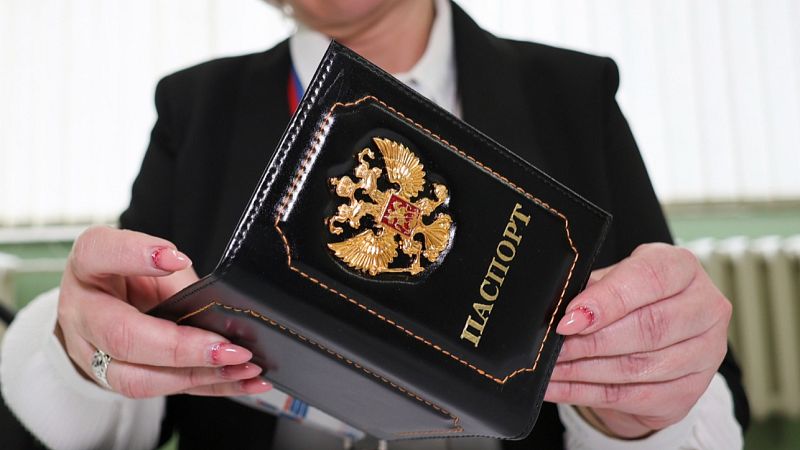US Weighs Travel Ban on Citizens From 43 Countries, Including Russia — Reports

The Trump administration is reportedly contemplating a fresh travel ban that might impact individuals from as many as 43 nations, aimed at tackling "national security and public safety threats," according to claims made on Friday.
A leaked internal memorandum viewed by multiple U.S. news organizations details a proposed extension of the travel restrictions. The document divides nations into three categories: red, orange, and yellow.
Individuals from the 11 nations categorized as "red" would be completely prohibited from entering the United States. The list of these countries includes Afghanistan, Bhutan, Cuba, Iran, Libya, North Korea, Somalia, Sudan, Syria, Venezuela, and Yemen.
The compilation, assembled by the US State Department, could undergo modifications and remains subject to approval, according to various reports.
Nations categorized under the "orange" designation will impact immigrant, tourist, and student visa policies, though exceptions may apply. This list includes Belarus, Eritrea, Haiti, Laos, Myanmar, Pakistan, Russia, Sierra Leone, South Sudan, and Turkmenistan.
Nations falling under the "yellow" classification will be granted a period of 60 days to resolve issues highlighted by Washington. Failure to do so could result in their relocation to one of the two categories with stricter regulations.
The countries subject to potential permanent travel bans or stringent limitations include Angola, Antigua and Barbuda, Benin, Burkina Faso, Vanuatu, Gambia, the Dominican Republic, the Democratic Republic of the Congo, Zimbabwe, Cabo Verde, Cambodia, Cameroon, Congo, Liberia, Mauritania, Malawi, Mali, São Tomé and Príncipe, Guinea, Saint Kitts and Nevis, and Chad.
The White House has not made any public statements regarding the alleged memo.
This list follows an executive order signed by President Trump on January 20th. The order states that it aims to safeguard the nation and its populace against "foreign nationals who plan to carry out terror activities, jeopardize national security, promote hate ideologies, or misuse immigration policies for nefarious ends."
According to reports, the directive mandated that multiple cabinet members submit suggestions on which nations should be part of the travel restrictions.
At a press conference on Wednesday, US President Donald Trump was questioned about potential nations that could appear on a fresh roster related to an upcoming executive order. He chose not to comment, remarking, " Wouldn't it be foolish of me to mention those names? "
Biden repeals, Trump reinstates
Throughout his election bid, Trump pledged to reintroduce the travel restrictions, an issue that garnered considerable focus during his initial term in office.
In early January 2017, during his first week as president, Trump signed an executive order named "Protecting the Nation From Foreign Terrorist Entry Into the United States."
The directive prohibited Syrians from entering the United States and placed a temporary hold on admissions for people coming from Iraq, Iran, Libya, Somalia, Sudan, and Yemen.
In 2017, his choice resulted in turmoil at airports and triggered national demonstrations, which opponents labeled as the "Muslim ban." Multiple state judges swiftly halted the first iteration of this policy, arguing that it discriminated based on nationality from certain countries and contravened U.S. immigration laws.
The US Supreme Court subsequently approved an updated iteration of the ban, maintaining restrictions on travelers from Iran, Libya, North Korea, Somalia, Syria, Venezuela, and Yemen. This ruling was confirmed in 2018.
In 2021, when U.S. President Joe Biden assumed office, he rescinded the travel ban, calling it "a blemish on our national conscience" and stating that it was at odds with America’s tradition of embracing individuals from all religious backgrounds.





